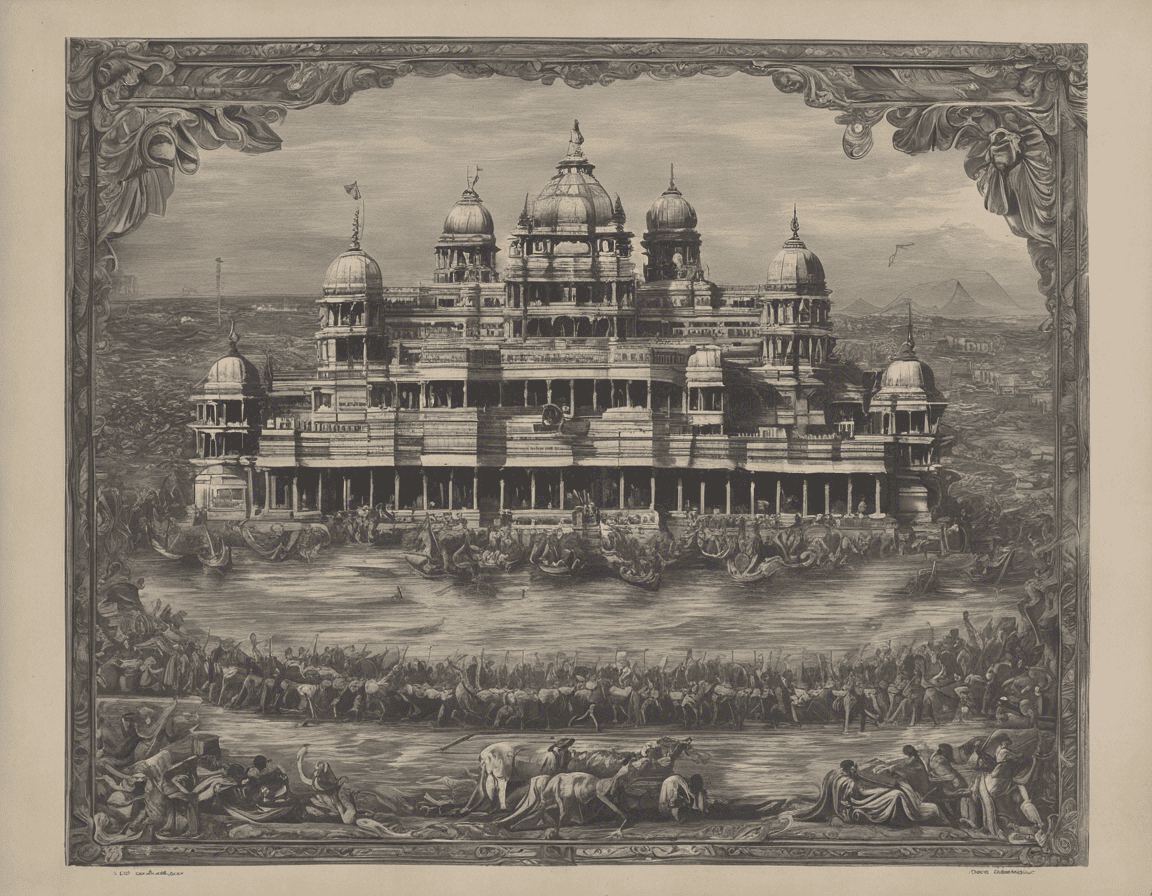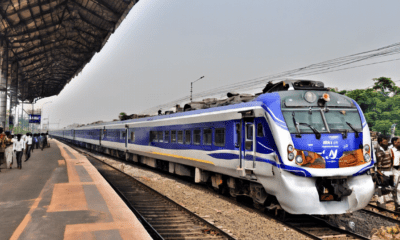Insights
Shiv Sena: A Force in Indian Politics

Introduction
Shiv Sena is a prominent political party in India, especially in the state of Maharashtra. With a strong ideological base and a history of political assertiveness, Shiv Sena has played a significant role in shaping the political landscape of the region. In this article, we will delve deeper into the origins of Shiv Sena, its key leaders, political ideologies, impact on Indian politics, and future prospects.
Origins of Shiv Sena
Shiv Sena was founded on 19th June 1966 by Balasaheb Thackeray, a charismatic leader who aimed to champion the cause of the native Marathi-speaking population in Maharashtra. The party was formed in response to perceived marginalization of the Marathi community in Mumbai, especially in the context of job opportunities and social acceptance. Initially, Shiv Sena started off as a regionalist and ethnocentric party, with a focus on espousing the rights of the Marathi manoos (people).
Evolution and Growth
Over the years, Shiv Sena underwent a transformation from being a regionalist outfit to a major political force in Maharashtra. The party expanded its base beyond Mumbai to other parts of the state, consolidating support among the Marathi-speaking population. Under the leadership of Balasaheb Thackeray, Shiv Sena adopted a Hindutva ideology, aligning itself with the broader nationalist agenda espoused by the Rashtriya Swayamsevak Sangh (RSS) and its political arm, the Bharatiya Janata Party (BJP).
Balasaheb Thackeray was a towering figure in Maharashtra politics, known for his fiery speeches, controversial statements, and strong leadership. He built Shiv Sena into a formidable political force, challenging the dominance of the Congress Party in the state. Thackeray’s persona and political acumen were critical in shaping the identity and trajectory of Shiv Sena.
Political Ideologies
Shiv Sena is known for its brand of Hindutva, a right-wing nationalist ideology that emphasizes the cultural and religious unity of Hindus. The party advocates for the interests of Hindus in India, highlighting issues such as temple construction, protecting cow (considered sacred in Hinduism), and national security. Shiv Sena has also been vocal on regional issues related to Maharashtra, such as Marathi pride, employment opportunities for locals, and infrastructure development in the state.
Shiv Sena’s alliance with the BJP in the late 1980s proved to be a strategic move that propelled both parties to power in Maharashtra. The alliance, often referred to as the “Mahayuti” or “Maha-Aghadi”, has been successful in garnering electoral support, with the parties sharing a common ideological framework rooted in Hindutva and nationalism.
Impact on Indian Politics
Shiv Sena has had a significant impact on Indian politics, particularly in Maharashtra. The party has been instrumental in shaping the narrative on issues related to identity politics, nationalism, and governance. With a strong grassroots presence and a dedicated cadre base, Shiv Sena has been able to mobilize support around emotive issues that resonate with its core voting demographic.
The party’s confrontational style of politics, often marked by aggressive rhetoric and street protests, has led to both admiration and criticism. Shiv Sena’s stance on issues such as migrant workers, cultural assimilation, and urban development has shaped public discourse in Maharashtra and beyond.
Future Prospects
Shiv Sena is currently in a state of transition following the demise of Balasaheb Thackeray in 2012 and the subsequent split in the party leadership. His son, Uddhav Thackeray, has taken over the reins of the party and is serving as the Chief Minister of Maharashtra in an alliance with the BJP and the Nationalist Congress Party (NCP).
The party faces challenges in navigating the complex political landscape of Maharashtra, especially in the face of emerging regional parties and changing coalition dynamics. Shiv Sena’s ability to adapt to these changes while retaining its core base of support will be crucial in determining its future prospects in Indian politics.
Conclusion
Shiv Sena remains a force to be reckoned with in Indian politics, with a legacy that spans over five decades. The party’s blend of Hindutva ideology, Maharashtrian pride, and populist politics continues to resonate with a significant section of the electorate in the state. While facing challenges and internal rifts, Shiv Sena’s ability to evolve and stay relevant will be key in shaping its trajectory in the years to come.
Frequently Asked Questions (FAQs)
1. What is the ideology of Shiv Sena?
Shiv Sena follows a blend of Hindutva ideology and regionalism, advocating for the interests of Hindus and the Marathi-speaking population in Maharashtra.
2. Who are the key leaders of Shiv Sena?
Key leaders of Shiv Sena include Balasaheb Thackeray, Uddhav Thackeray, and Aditya Thackeray, who have played pivotal roles in shaping the party’s identity and agenda.
3. What is the relationship between Shiv Sena and the BJP?
Shiv Sena and BJP have had a long-standing alliance based on shared Hindutva ideologies, although the relationship has seen ups and downs over the years due to strategic differences.
4. How has Shiv Sena influenced Maharashtra politics?
Shiv Sena has influenced Maharashtra politics by championing issues related to Marathi identity, nationalism, and governance, often setting the agenda for public discourse in the state.
5. What are the key challenges facing Shiv Sena in current times?
Key challenges facing Shiv Sena include leadership transition, coalition dynamics, emerging regional parties, and the need to adapt to changing political landscapes while retaining its core support base.









